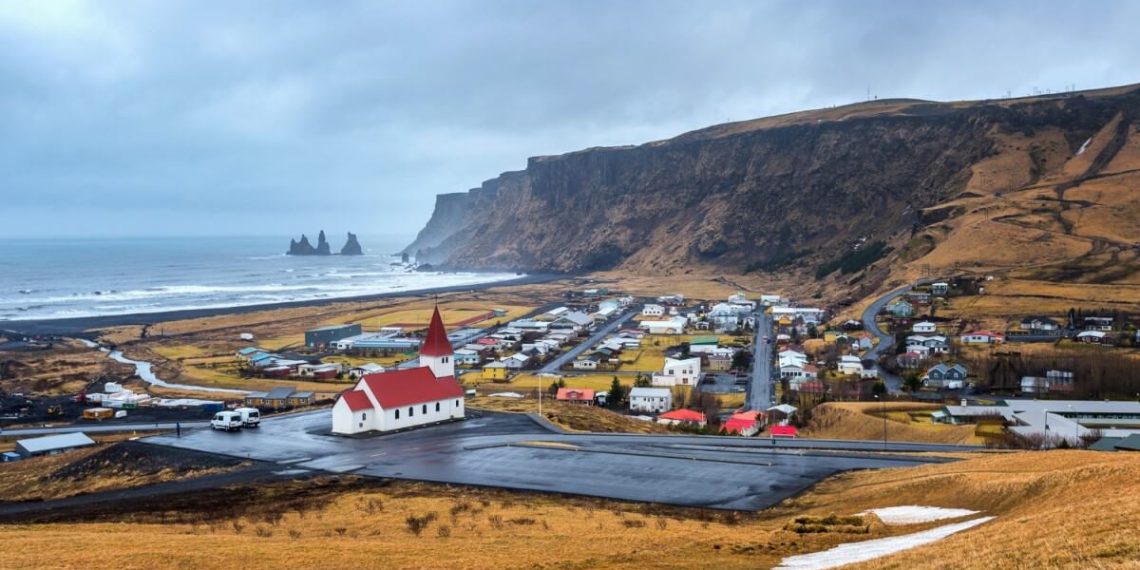The Icelandic government has announced the reintroduction of a tourist tax for hotel and alternative accommodation rooms, a fee that was in place before the COVID-19 pandemic. As of January 1, 2024, travellers to Iceland are once again required to pay taxes for their accommodation in the island country. This year, there is an expansion of the tax’s scope as it will now apply to cruise ship passengers as well.
The new measure includes additional charges per room for tourists, with visitors paying €3.98 more for hotels, guesthouses, and other accommodations. Nights spent at campsites, mobile homes, and caravans will now be charged an additional €1.99, and cruise ships stopping at Iceland’s ports will cost €6.63 more.
Yves Marceau, vice president of G Adventures, expressed concerns over the increased financial burden on travellers, stating that the tax will further increase the already high cost of visiting the island. Iceland’s iconic attractions such as the Golden Circle, South Coast, hiking trails, lava flows, and the Northern Lights continue to attract visitors despite the new tax.
The reinstatement of the tourist tax is aimed at addressing the social and environmental consequences of Iceland’s booming tourism industry. Prime Minister Katrin Jakobsdottir highlighted the strain on Iceland’s natural resources due to over-tourism and stated that the decision to reintroduce the tax is part of a strategy to reduce the adverse effects of the country’s tourism success.
Despite the challenges posed by the pandemic, 2023 proved to be a robust year for tourism in Iceland, with a substantial increase of around 25 per cent in international tourists compared to the same period in 2022. The country experienced a boost in arrival numbers and overnight stays surpassing the levels observed in 2019.
Guy Bigwood from the Global Destination Sustainability Movement has pointed out that more destinations are introducing higher taxes as they try to align their sustainability goals and that by imposing such fees, they can generate more funding to reach their green goals. This change introduced by the Icelandic government was warned earlier by Prime Minister Katrín Jakobsdóttir, who says that the fee will be reasonable and contribute to sustainability programs, aligning with Iceland’s 2040 goal to become carbon-neutral.
The decision to reintroduce the tax is part of a strategy to mitigate the impact of over-tourism and manage the effects of tourism on both society and the environment. Despite the higher tax, tourists continue to flock to Iceland because of its unique natural attractions and stunning landscapes.
Still have some travel questions? Ask in our Travel WhatsApp Group.








